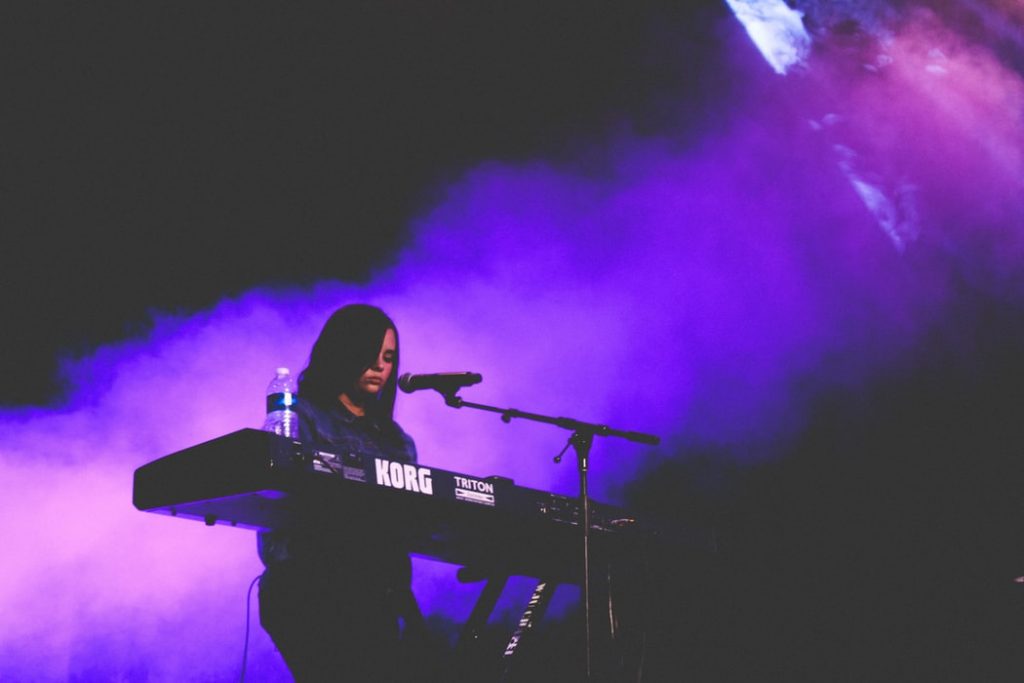History of Talent Shows in Britain
It seems almost impossible to turn on a TV in Britain without coming across a talent or reality show. The influence of Simon Cowell appears to be everywhere, with the format he made famous being used to make shows in just about every genre.
In the last 20 years there have been talent contests and reality shows that have covered everything from singing to baking, including a show for people who wanted to be a Formula 1 driver, a sheep herding contest, a celebrity diving contest, and even a celebrity ski jumping competition.
You may think that because of their recent proliferation, the TV talent show is a recent invention. However, you’d be wrong. Here is a look at its long and slightly odd history…
The Beginnings – Opportunity Knocks
Brits were introduced to commercial TV in 1955, when ITV was launched. It brought with it the novel concept of adverts, as before this only the country’s public broadcaster, the BBC, had filled the UK’s airwaves.
It took just a year for a talent show by the name of Opportunity Knocks to hit ITV’s schedule, where the format would remain forever. It had been a radio show created by the BBC, but the move to TV made it famous. It remained a household name as ITV continued to broadcast it until 1978, and it was then revived by the BBC for four more series between 1987 and 1990.
It was the first time a contest would be open to a public vote. Viewers could send their votes to ITV in the post, with the winner announced in the following week’s show. When the BBC revived the show, Opportunity Knocks became the first ever game show to feature a telephone vote, a system that is now standard across the format.
Opportunity Knocks launched the careers of several famous entertainers, including Roy ‘Chubby’ Brown, Bonnie Langford, Little and Large, the Chuckle Brothers, and Frank Carson.

Stars in Their Eyes
There were several copycat shows launched after Opportunity Knocks, but none could match its success. That was until 1990 when ITV launched a TV karaoke show called Stars in Their Eyes.
In it, members of the public would be given a makeover to help them look like a famous singer, and then they would perform on stage. The show ran until 2007 and helped to popularise the phrase, “Tonight Matthew, I’m going to be…” across the UK.
Stars in Their Eyes did not have an interactive element for audience voting, but it was still immensely popular.
Popstars, Pop Idol, and The X Factor
The heyday of TV singing contests began with Popstars in 2000. This had a unique format, taking on the feel of a documentary rather than a talent contest. Two bands were launched after the show’s final episode. They were called Hear’Say and Liberty X, with the latter seeing more success despite finishing the show as runners up.
Pop Idol pioneered the now ubiquitous format; it introduced the auditions and live final sections, with a celebrity judging panel and telephone voting system. The winner received a £1 million recording contract. Pop Idol and X Factor winners would then go on to dominate the coveted UK Christmas number 1 slot for over a decade.
Wagering
As these shows became more and more interactive and with a clear competitive element, bookmakers began taking bets on the outcome of talent shows. As well as being able to vote on who they would like to win, fans also began to place bets on who they thought would be crowned victorious at the end of the show. Bookmakers still take bets on almost all current reality TV talent shows, including Love Island and Dancing on Ice.
Recycling the Format
After Pop Idol and the X Factor refined the genre’s format, other shows began to copy it. For most of the 2010s, ITV’s Saturday night schedule included some form of talent show with a telephone voting system.
This included Britain’s Got Talent, a show open to talents of all kinds and not just singing. Most notable about this show was that the winner was allowed to perform at the annual Royal Variety Performance. Other shows have included the ice skating contest, Dancing on Ice; a celebrity diving contest called Splash!; celebrity survival show, I’m a Celebrity, Get Me Out of Here!; and a ski jumping contest called Jump.
The BBC has also got in on the act with shows like Strictly Come Dancing, The Voice (which later moved to ITV), and Fame Academy.
While their popularity has waned slightly in recent years, partially thanks to the rise of streaming services like Netflix, the legacy of shows like The X Factor continues to live on with new ideas hitting our screens every year. More recent additions include Love Island and The Masked Singer.
Stay connected with So Many Shows:

Leave a Reply